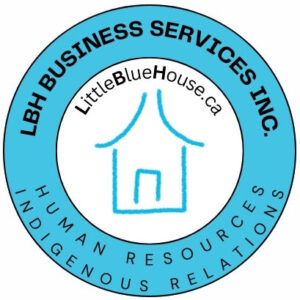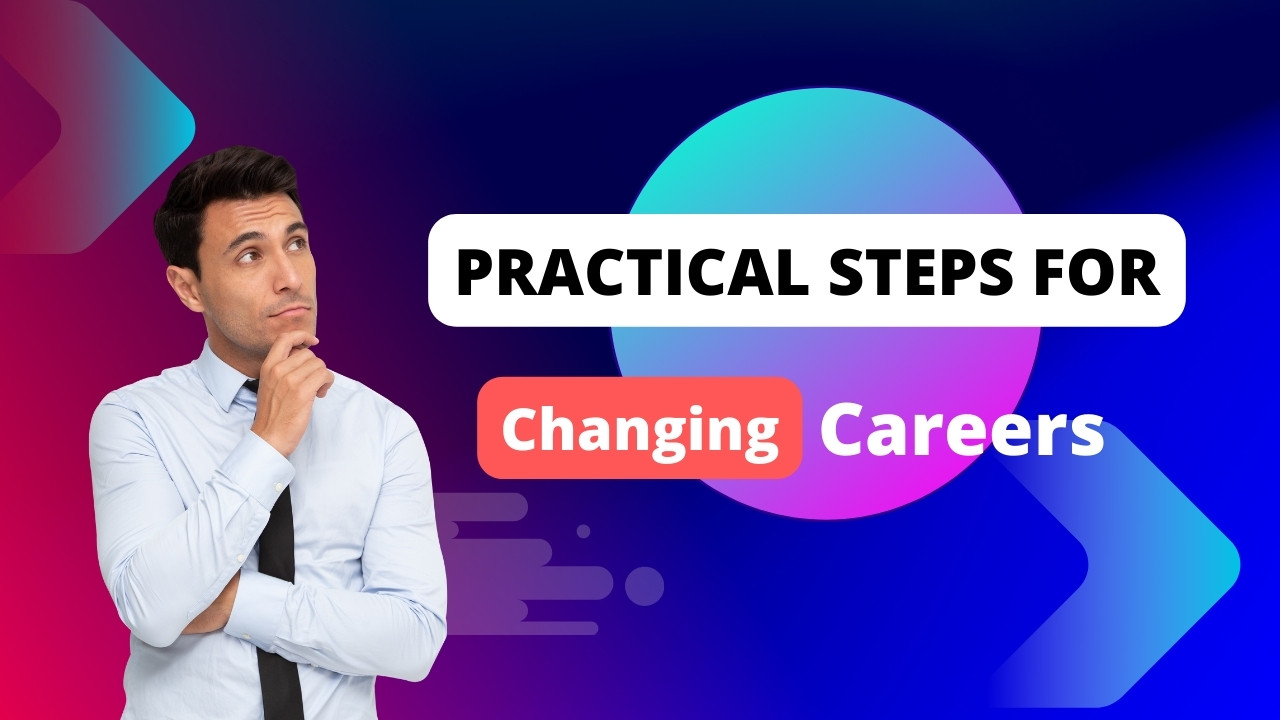Pandemics, AI, and End Stage Capitalism are changing the workforce and that means you may be thinking of changing careers also. Every situation is different so please do not take this list as definitive and seek as much advice as you can. This is one area in which Human Resources supports employees, read my previous article What is the role of HR? for more info.
Some practical steps for changing your career are don’t quit your job yet, getting training, updating your resume, updating your LinkedIn, showcasing your skills, doing precision networking, and being prepared to start from the bottom.
Don’t quit your job yet
I advise you to stay working at your current job as long as you can until you have a job offer in your new career. We sometimes find ourselves in a toxic work environment that you need to get out of to save ourselves mentally. Reducing your income to $0 will also not help your mental condition and will limit your ability to wait for the right opportunity. If your work environment is bad, then you should leave.
Part-time job to save
Consider a part-time job to help you build up savings before you quit. I’m not a big fan of the gig economy but it may help to do something to bridge the gap. You could also keep this during your job search.
Side hustle
If you can stay with your old job longer, consider a side hustle that you can see turning into a full-time job for you. Make sure you do your due diligence when starting a business and don’t fall into the multi-level marketing (MLM) trap.
If you’re going to start a business, remember that 90% of what you do will be selling! Start to learn to sell by reading the book Spin Selling from Amazon.
Get Training
From YouTube to going back to school you may have a lot of training options. Learn everything you can about your chosen new career.
Free training
Start with a simple Google search and YouTube videos. This will get you pointed in the right direction. These are the free options, but you may need more depending on your career.
Paid training
Find out where the major industry training and education comes from. You may need to save some money to get this training. This training will go together with the “Show Your Skills” section below.
Computer skills are essential now that you NEED to have them! Click here to take some computer program training from my partners at Know It Sooner.
from my partners at Know It Sooner.
If you’re thinking of starting an online business you better get some real training. Click here for a free webinar you can take to learn about online marketing .
.
Update your resume
I update my resume every few months because I’m always learning new things. Also, I try to make sure I’m using all the new or updated industry terminology on my resume. You should always have a resume ready to go even if you’re not planning a career change because you don’t have control over everything.
Hidden experience
Naturally, you need to highlight any experience that will help you get a foot into your new career. Something I always remind people is to remember all the times they acted or covered off for their superior or manager. Over a ten-year career, you may have accumulated a year in a manager role!
If you would like me to review your resume and give you tips on how to improve it please visit my Fiverr gig.
Update your LinkedIn
Your LinkedIn profile might be more important than your resume in the digital age! All the things that may not fit on your 2–3-page resume can go on LinkedIn. This is an opportunity to link to skill or experience-related things you have done.
Make sure you totally fill out your profile and take advantage of your picture and header banner. Get that professional photo done that works for your industry.
Header banner
For your header banner put some text on it to catch people’s attention. At the very least you should be listing your job title on your header banner. My LinkedIn header has my business name, my titles, my website, and some “As seen on” info.
Connect with me on LinkedIn to see what I have done on my profile!
Showcase your skills
This is a continuation of the LinkedIn updates above. Depending on your industry this may be easy or hard. Get creative and see what you can do. Some ideas:
- Start a Blog (writing skills, project analysis, industry advice, etc.)
- Start a photo blog or public portfolio (graphic designs, photography, photos of your work, etc.)
- Start a YouTube channel (videos of your work, video editing skills, acting/singing skills, etc.)
The hiring manager will have the ability to check out your work when you apply for a job. Also, it will help your networking efforts below.

Precision networking
For smaller organizations, the “Who you know” method of getting a job is still relevant. Naturally, larger organizations like governments and union shops will have strict rules to follow. The more people in any organization that can recognize your name and face will be helpful.
Make the right connections
Connect with the person in an organization that would supervise the position you want. Do this for multiple organizations that you may be interested in. Try to create a friendship or a mentor-type relationship by asking them industry-related questions that may help you as you transition.
Don’t sound desperate
Never directly ask for a job or sound desperate. I get so many people just sending me their resume and asking for a job. This really turns me off and I no longer want to help that person. After you have built a bit of a relationship then consider asking that person if they know of any openings in the industry.
Internal references
If a job opens in their organization after building a bit of a relationship, then you may consider asking if they will be a reference for you or put in a good word with the hiring manager or recruiter.
Always be networking
This is a long process! You should always be networking like this so you can be prepared when you start your career change.
Be prepared to start from the bottom
It is a fact that changing organizations AND staying in the same career can allow you to get up to a 20% pay increase at your new job. Unfortunately, when changing careers this will not be an option for you. No matter how much unrelated work experience you have you will never get the top salary in your new career right away.
This is where you need to learn fast and work hard in your new career for about one year. Then you may consider changing organizations if they don’t start giving you a pay raise. At your next organization, you will not be entry-level anymore and can ask for a higher salary.
What’s Next?
Do more research on your chosen new career!
Consider connecting with a career consultant to help you with your change.
For human resources support in Canada, click here to book a free HR needs assessment now. If you’re on a budget, consider joining my Patreon to ask unlimited HR questions. If you need HR advice sooner, book a consultation via Fiverr here.
HR questions. If you need HR advice sooner, book a consultation via Fiverr here.

